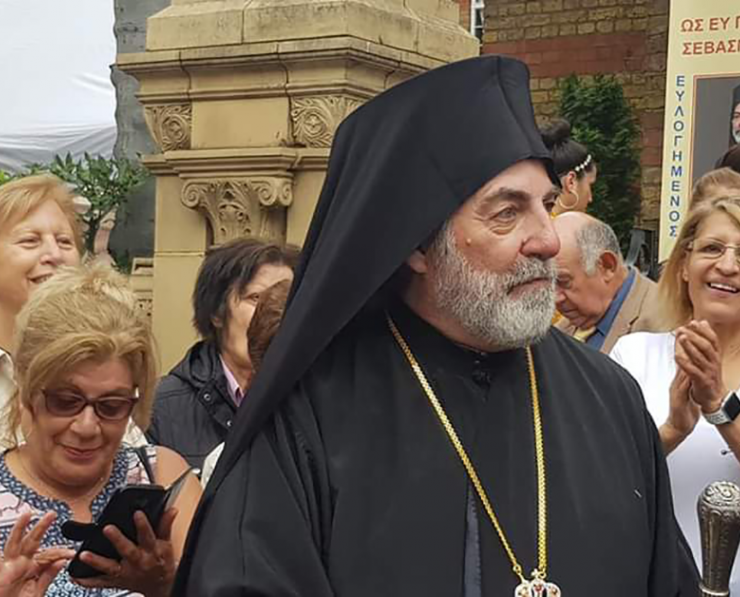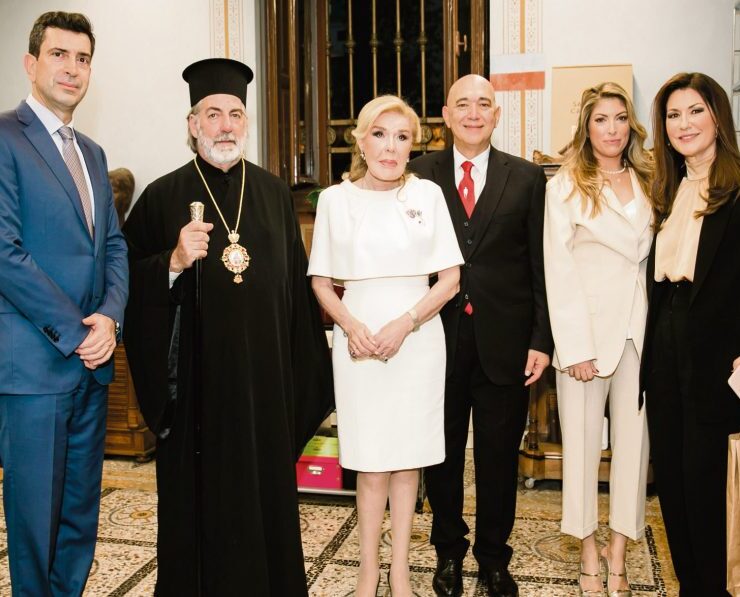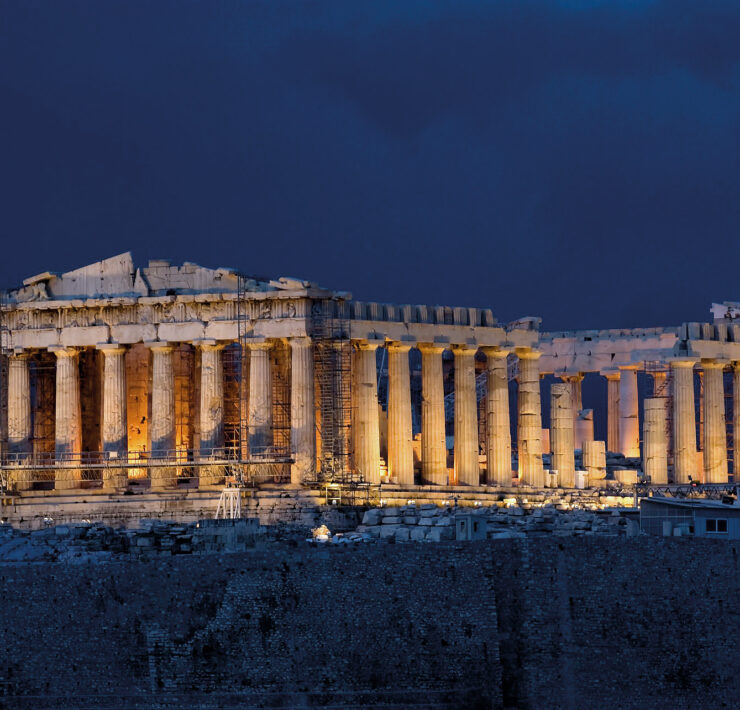Faith-Based Diplomacy: Religious and Ecclesiastical Diplomacy, the Contemporary Challenges for Hellenism and Orthodoxy
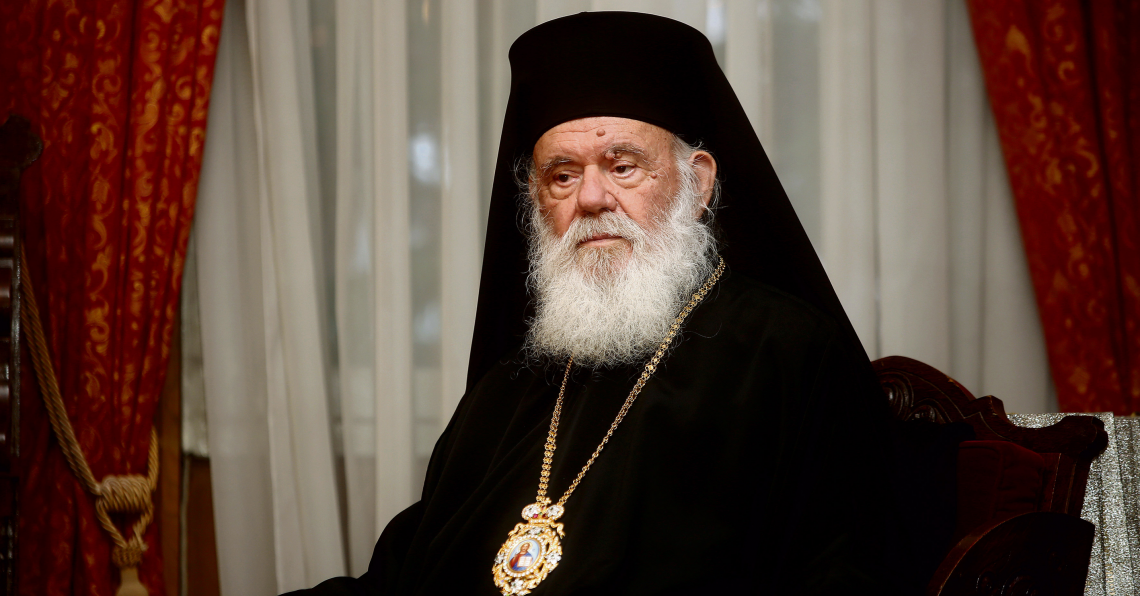
If diplomacy in general seeks peace, security and stability, thus political equality of all the “players” (nations, people, states) the religious, interreligious, ecclesiastical and dogmatic diplomacy (interreligious, inter-congregational, inter-dogmatic dialogue) is called to serve and promote the open and equal dialogue (friendship and cooperation) between and among people, nations and cultures, aimed at the respect for fellow humans, considered not only as individuals or citizens of a state, but as real people in a global society. Thus, this dialogue and the corresponding diplomacy, through the tolerance and toleration, internal and external, institutional, legal, ethical and spiritual, has a duty to promote peacemaking, bridges of dialogue and mutual understanding, therefore reconciliation, which can never be a low level simple transaction, but it should include elements of ethics and high moral values.
The “Intelligent humans” construct their cultures, identities and civilizations based on the groundbreaking achievements, discoveries and inventions of competency, technology, articulate speech and the metaphysics of consciousness, thus, a form of religion and faith, despite any extrinsic and intrinsic problems facing constantly.
These are the elements that co-create the human might. Therefore, they are all subject to the aftertaste, effect and influence of the factors of culture and identity, thus language and religion. Accordingly, the “political phenomenon” and the “war phenomenon” are coined, and consequently, conflicts, strategy and diplomacy through time. These realities, of course, make a transition to a new stage, after the Agricultural Revolution, the permanent settlement in various regions of the globe, the strengthening of numerous cultures and religions, while, after the Enlightenment, Modernity and the Industrial Revolution, and thus the two devostating World Wars and the post bipolarism , the planet enters a new era during the 20th century and the beginning of the 21st.

Τhe true aim
Peace and democracy, the dialogue and the strengthening of bonds among people is what the Churches are called to undertake.
Also, it is of utmost importance to promote parliamentarism and Democracy, in parallel with tolerance and toleration for anything Different/Other within or beside us.
Τhe present challenges for Hellenism and Orthodoxy
Within the framework of all elements concerned, at a time of tectonic and cosmogenic changes it is perhaps more necessary than ever before to have an organic, vital and effective connection and interconnection as well as an essential reconstruction, of the classic, whatever that means, with every form of alternative diplomacy, with other forms of soft and smart diplomacy.
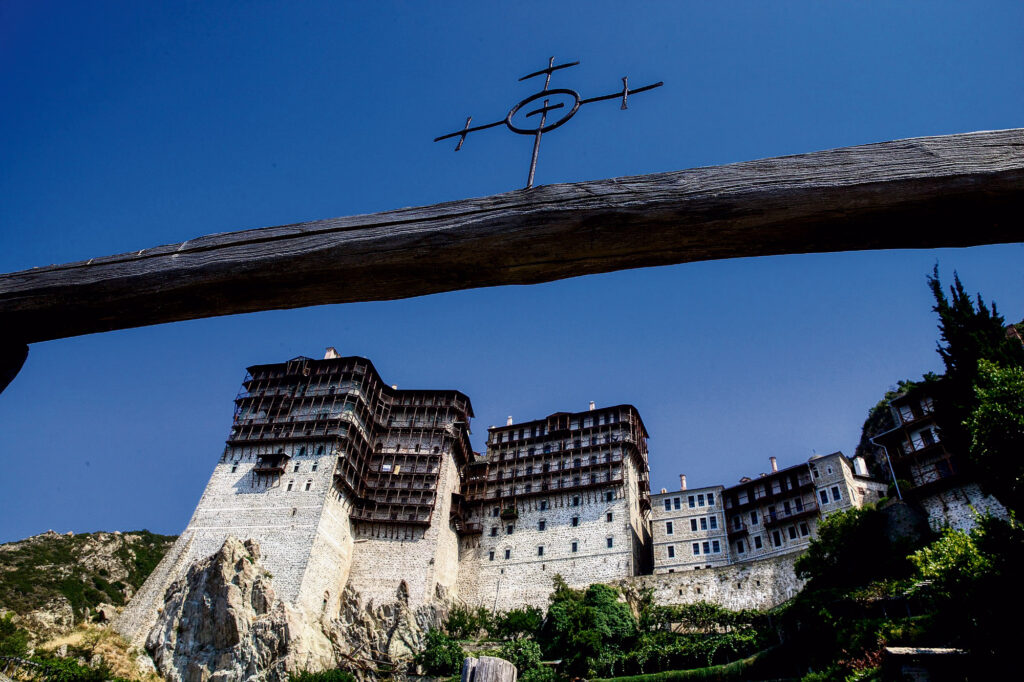
Bearing in mind all the aforementioned, and the liquidity of modern bipolarism and post-modernism, it seems that the present challenges for Hellenism and Orthodoxy are big and potentially vital. So, global Orthodoxy, the Greek Church and their religious leaders, with their spiritual role, in an era of challenges and changes, upheaval and crises, are called to take substantial initiatives and implement a multidimensional “political” action in a broader scope of issues of interreligious, intercultural and Inter Christian interest, both at a national and international level, perhaps placing particular emphasis on the regions of the Middle East, the SE Mediterranean and the Balkans, due to the presence of Christian populations and communities for thousands of years and due to their strong historical bonds with the Ecumenical Patriarchate of Constantinople and the rest of the Greek Orthodox Patriarchates, as well as the regional Orthodox Churches, Self-Governing/Autonomus or not. Apparently, the protection of religious freedom, respect for human rights and various Christian minorities, the abundance of pilgrimage sites and monuments of religious and cultural heritage, are key objectives to any substantial as well as diplomatic efforts and negotiations.
Within this spirit and climate, the Church and its servants in their ethical and spiritual role, are called to play the leading part in the shaping of a new model of society, based on dialogue, tolerance and toleration and to substantially contribute to the establishment and effective implementation of the merits of peace, reconciliation and solidarity among the people and populations, and, of course, within societies. At the same time, a framework of security and stability will be promoted. These elements can further contribute to the promotion of peacefulness, all merits of coexistence and overall human creation.
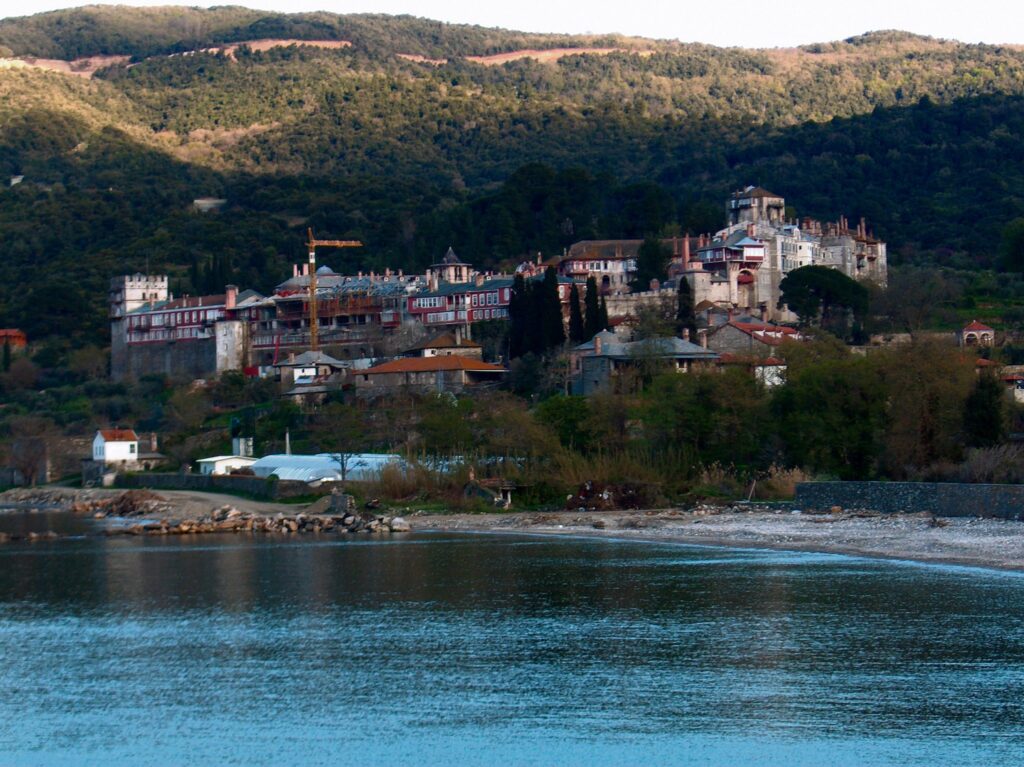
The International Conference on Religious Diplomacy
In addition to the above, a positive sample of initiative and action which highlights the multidimensional role of modern Greece, was the realisation of the International Conference on Religious Diplomacy (11/12 November 2019), which was attended by religious figures, representatives and organizations of the international political scene, the ecclesiastical and academic community and also the citizens, where all participants, among other things, rightfully and scientifically praised the importance of interreligious cooperation and sincere dialogue in order to achieve peaceful coexistence of the individuals, societies, peoples and cultures. They also stressed the pivotal and spiritual role of the church within the religious communities and the Greeks of the Diaspora.
Equally, they introduced issues of reassessing the role of religion and highlighted the need to protect religious freedom, analyzing the crisis concerning the Church of Ukraine, and also condemning the violations of human rights. Furthermore, they expressed their concerns for the unprecedented humanitarian situation, the refugee crisis and the inability to protect the struggling Christian communities, the pilgrimage sites and monuments, especially in the Middle East, against religious fundamentalism and terrorism. Still, they shared their testimonies and experiences on interreligious and Inter Christian matters and on optimal practices in order to strengthen and further develop religious coexistence and pluralism. Finally, they stressed emphatically the reinforcement and strengthening of interreligious dialogue and its contribution to reconciliation and solidarity among people, societies and nations, the safeguarding of human rights, values and the protection of the environment. Thus, the dialectic between religion and politics, between culture and diplomacy, between Intellect and Might, need to be protected at all times.
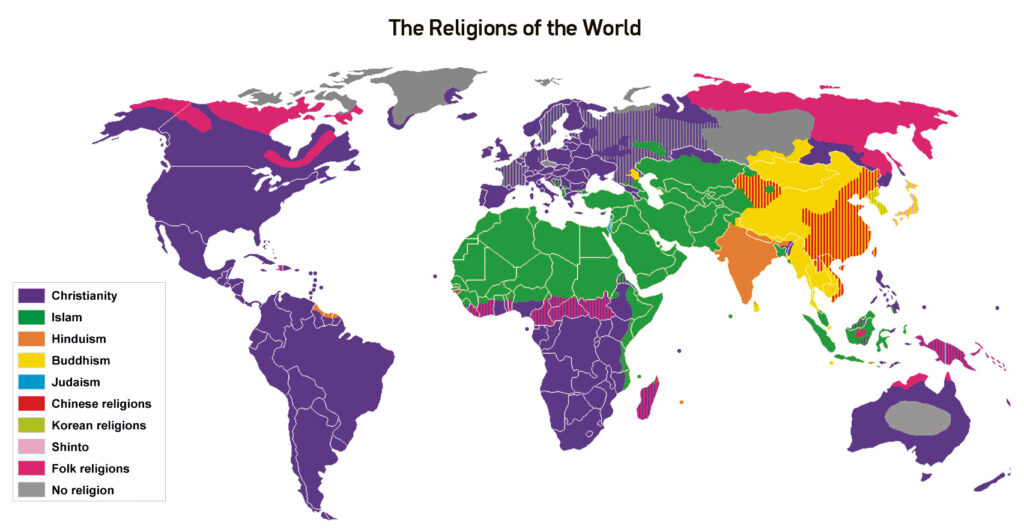
Indeed, this multilateral diplomacy, religious/ecclesiastical/ dogmatic diplomacy, also the diplomacy of faith, and the arising dialogues can not only support the national interests and laws of Greece, Cyprus, and generally the Greek diaspora, but also contribute organically, dynamically and effectively to promoting and solidifying peace, security and stability (that is religious reconciliation and cultural harmony) locally, regionally, internationally and globally.
What's Your Reaction?
Brigadier of the Greek Army – Analyst




